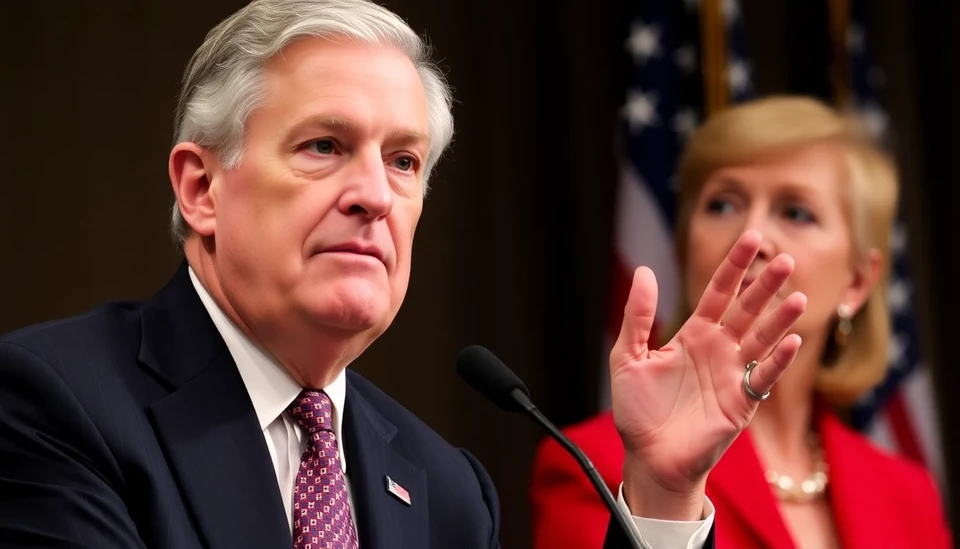
A provocative new book challenges the long-held belief in the necessity of central bank independence, arguing instead that it may pose risks to democratic governance. The author delves into the historical context and implications of monetary policy control, suggesting that the detachment of central banks from direct political influence can lead to a disconnect between economic policy decisions and the will of the electorate.
The book, which has generated significant discussion among economists, policymakers, and political theorists, posits that the conventional wisdom surrounding central bank independence needs a thorough reevaluation. Traditionally, central banks like the Federal Reserve in the United States are perceived as institutions that safeguard monetary stability, devoid of the volatility that can accompany electoral pressures. However, the author asserts that this insulation can create a governance model that lacks accountability and transparency.
In exploring the roots of central bank independence, the book outlines how it emerged as a response to the rampant inflationary pressures of the late 20th century. The prevailing economic theory argued that political cycles could lead to short-term populist policies that destabilized the economy, thus justifying the need for independent institutions. Yet, the author questions whether this framework still holds today, suggesting that it may foster a technocratic approach to governance that sidelined democratic discourse.
Furthermore, the work examines recent financial crises and economic disparities, noting that the traditional model has often failed to deliver equitable outcomes for all citizens. By operating independently, central banks have been accused of prioritizing the stability of financial markets over the socioeconomic needs of the population. The author proposes that such a divergence could breed discontent and foster anti-establishment sentiments among citizens who feel their voices are ignored in the economic decision-making process.
The implications of this analysis are manifold. The author advocates for greater transparency and accountability in central banking operations, encouraging a rethinking of how monetary policy is devised and implemented. By fostering inclusive discussions that take into account a broader array of stakeholder interests, it is suggested that central banks can better align their goals with democratic principles and societal needs.
Questions surrounding the balance of power between elected officials and independent agencies continue to spark vigorous debates. The book serves as a timely reminder that as economies evolve, so too should the structures and institutions that govern them. As the conversation around central bank accountability gains momentum, policymakers and citizens alike must reflect on the intersections of economics and democracy to cultivate a system that is both efficient and equitable.
In conclusion, while the concept of central bank independence has stood as a pillar of modern monetary policy, this new perspective invites critical examination of its ramifications for democratic governance. The discourse around this topic is likely to influence future policies and institutional frameworks, challenging leaders to forge a path that reconciles economic expertise with democratic ideals.
#CentralBankIndependence #Democracy #MonetaryPolicy #Economics #PoliticalTheory #FinancialStability #Accountability #PolicyDebate
Author: Laura Mitchell


